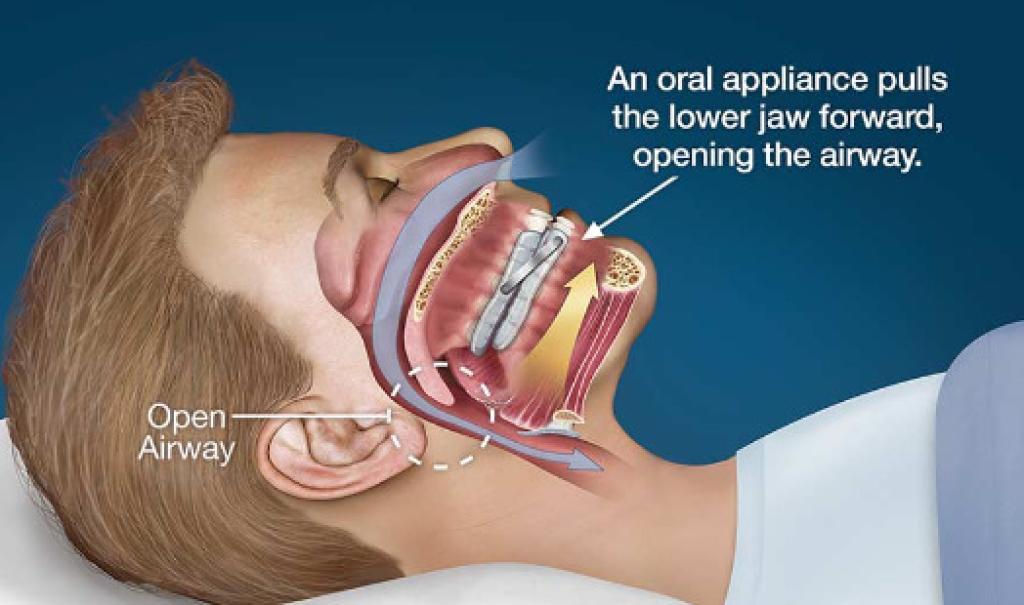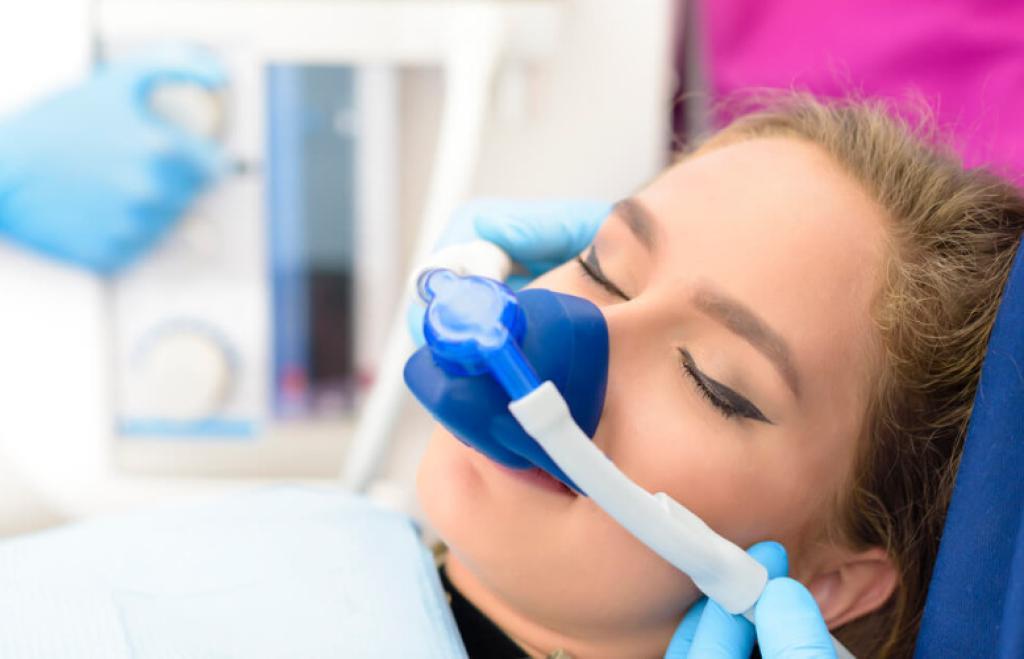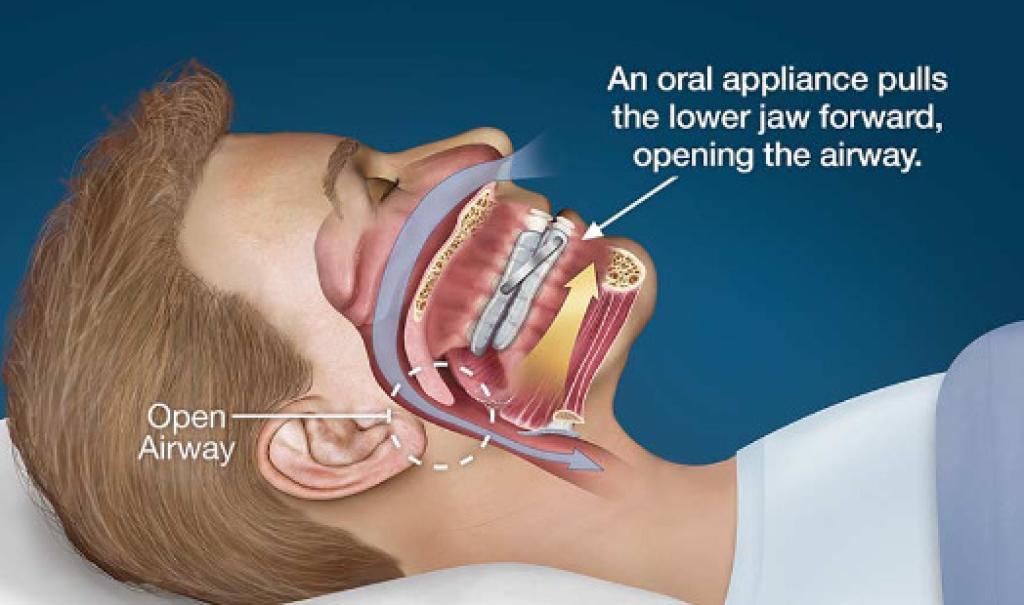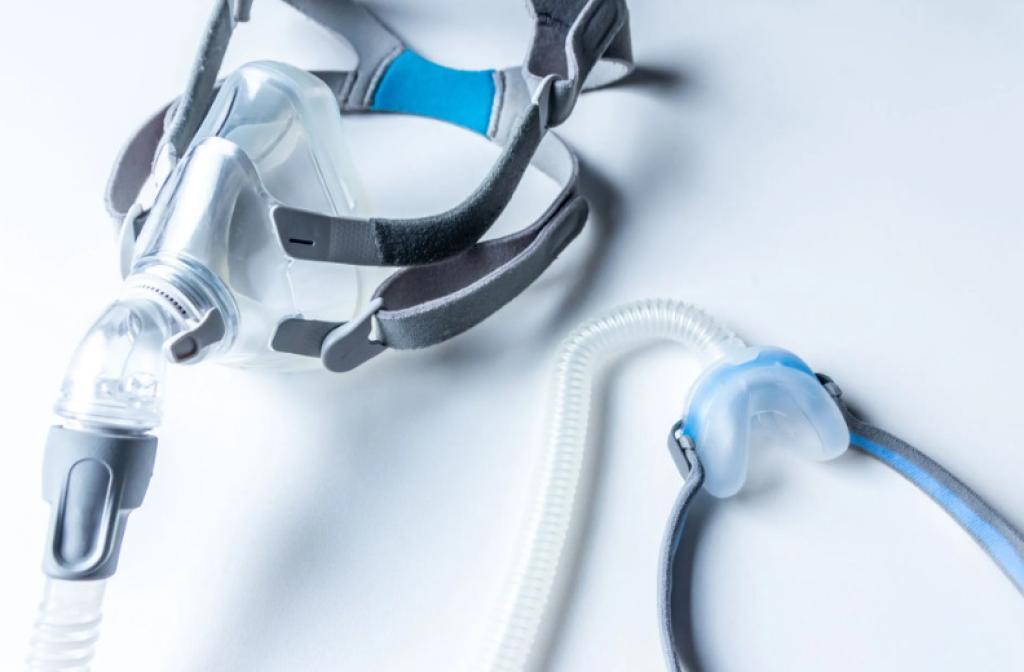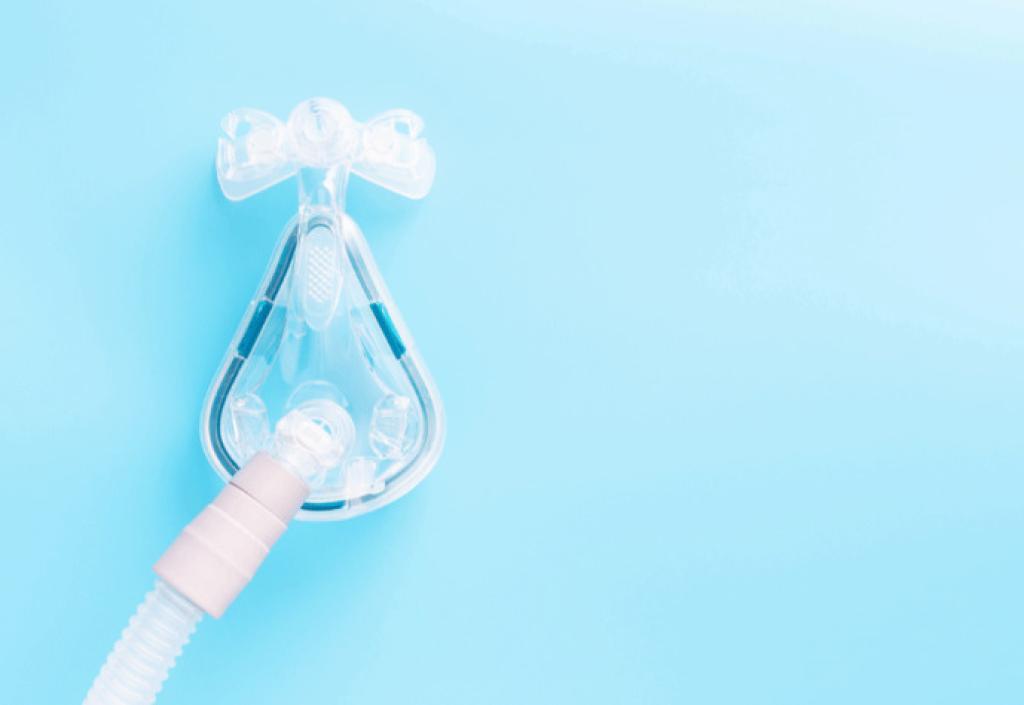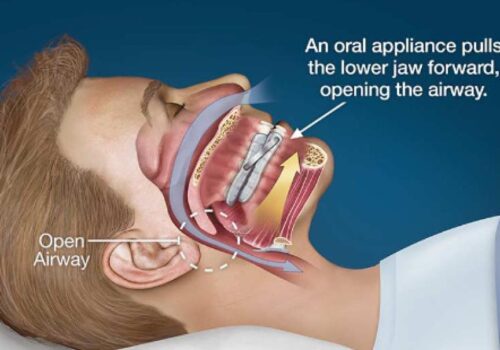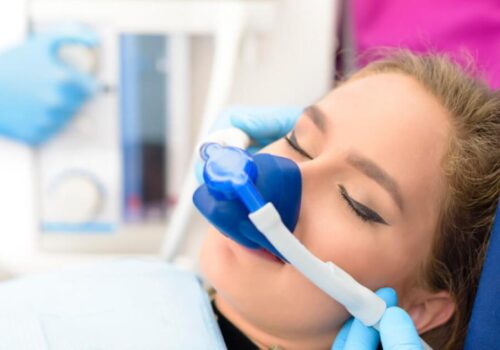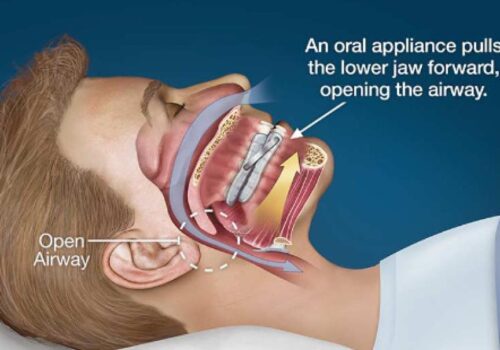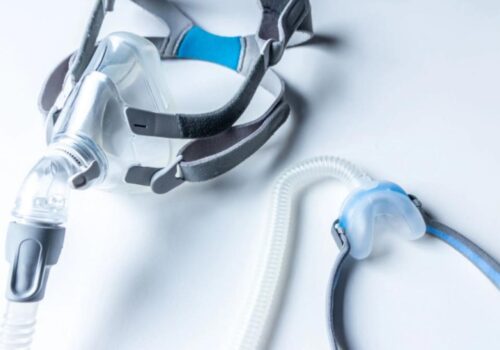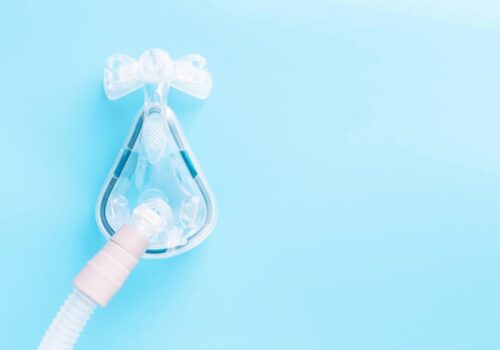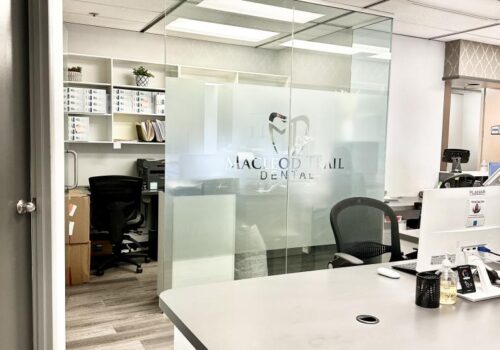Improving Lives: Our Sleep Apnea Clinic in Calgary
Macleod Trail, Calgary, CA, T2H 2B8
Description
Sleep Apnea Clinic Calgary: Your Guide to Treatment and Support
I. Introduction
Sleep apnea is a prevalent yet often misunderstood medical condition that affects millions of people worldwide. Characterized by repeated interruptions in breathing during sleep, sleep apnea can lead to severe health issues if left untreated.
A. Definition of Sleep Apnea
Sleep apnea is categorized into three main types:
B. Importance of Understanding and Treating Sleep Apnea
Untreated sleep apnea can lead to severe health consequences including heart disease, stroke, high blood pressure, and diabetes. The benefits of treating sleep apnea include improved quality of life, increased energy levels, and reduced risk of associated health conditions.
II. Calgary's Medical Landscape
A. Overview of Healthcare System in Calgary
Calgary boasts a robust healthcare system with a mix of public and private health services. Access to specialized care, including sleep apnea treatment, is crucial for managing such conditions effectively.
B. Importance of Specialized Clinics for Sleep Disorders
Specialized sleep clinics in Calgary play a vital role in diagnosing and treating sleep disorders. These clinics have the expertise and equipment necessary to provide comprehensive care for sleep apnea patients.
III. Sleep Apnea Clinics in Calgary
A. Introduction to Leading Clinics
Calgary is home to several leading sleep apnea clinics known for their advanced diagnostic services and treatment options. Some of the top clinics include:
IV. Diagnostic Process
A. Initial Consultation
During the initial consultation, the physician gathers comprehensive information about the patient's medical history and evaluates symptoms such as snoring, daytime fatigue, and nighttime awakenings.
B. Sleep Studies
C. Follow-Up and Diagnosis Interpretation
Post-study, specialists interpret the data to provide a detailed diagnosis and discuss suitable treatment plans.
V. Treatment Modalities
A. CPAP Therapy
1. Mechanism of Action
CPAP machines use a hose connected to a mask or nosepiece to deliver constant and steady air pressure.
2. Types of CPAP Machines and Masks
There's a variety of CPAP machines and masks designed to meet individual needs and preferences.
B. Oral Appliances
1. How They Work
These devices reposition the jaw or tongue to keep the airway open.
2. Suitability for Patients
Oral appliances are typically suited for patients with mild to moderate sleep apnea.
C. Surgical Interventions
1. Types of Surgery
Surgical options may include uvulopalatopharyngoplasty (UPPP), jaw repositioning, and implants.
2. Indications and Risks
Surgery is generally considered when other treatments fail, with potential risks like infection and pain.
D. Lifestyle Changes and Behavioral Therapy
1. Weight Loss
Reducing excess weight can significantly alleviate sleep apnea symptoms.
2. Positional Therapy
Encourages sleeping in a non-supine position.
3. Avoidance of Alcohol and Sedatives
These substances can exacerbate sleep apnea symptoms.
VI. Patient Experience and Testimonials
A. Case Studies
1. Success Stories
Patients have reported significant improvements in their quality of life following treatment.
2. Challenges Faced
Some patients may face initial difficulties adjusting to treatments like CPAP.
B. Testimonials from Patients
VII. Role of Healthcare Providers
A. Multidisciplinary Approach
Effective management of sleep apnea involves a collaborative approach.
1. Role of Sleep Specialists
Sleep specialists diagnose and create treatment plans.
2. Role of Dentists and Surgeons
Dentists design oral appliances; surgeons perform necessary procedures.
3. Role of Primary Care Physicians
Primary care physicians often make initial referrals and provide ongoing support.
B. Continuing Education and Training for Providers
Ongoing education ensures providers stay updated on the latest sleep apnea treatments and best practices.
VIII. Insurance and Financial Considerations
A. Insurance Coverage for Sleep Apnea Treatments
Most insurance plans cover diagnostic tests and treatments like CPAP machines.
1. Diagnostic Tests
Coverage typically includes both in-lab and home sleep tests.
2. CPAP Machines and Supplies
Insurance often covers machine costs and necessary supplies.
B. Financing Options
1. Payment Plans
Clinics may offer flexible payment plans for patients without insurance coverage.
2. Support Programs
Various support programs are available to help manage treatment costs.
Exceptional Treatment Options
After understanding your problem, our sleep specialists offer tailored treatment to help you sleep better and reduce problems associated with disruptive sleep. Our exceptional treatment options include:
- Customized CPAP therapy solutions: We offer Continuous Positive Airway Pressure (CPAP) solutions when needed. We provide a CPAP machine and a “mask” that is right for you to deliver continuous air pressure during your sleep to prevent airway collapse that causes sleep apnea.
- Oral appliances tailored to individual needs: Not everyone with sleep apnea needs CPAP. Depending on your diagnosis, we can provide you with custom oral appliances for sleep apnea. The appliance will help reposition your lower jaw and tongue to keep your airway open during sleep.
- Lifestyle modifications: Our sleep physician will tell you the changes you can make to your daily life to reduce the severity of sleep apnea and enjoy good sleep.
5 FAQs about Sleep Apnea Clinics in Calgary
If you suspect you have sleep apnea, don’t hesitate to contact one of Calgary's specialized sleep clinics today. Early diagnosis and treatment can make a substantial difference in your overall health and well-being.
Comments
Similar Projects
Recent Projects
-
Macleod Trail Dental: Improving Dental Care for Windsor Park Families
Macleod Trail Calgary, , CA, T2H 2B8
